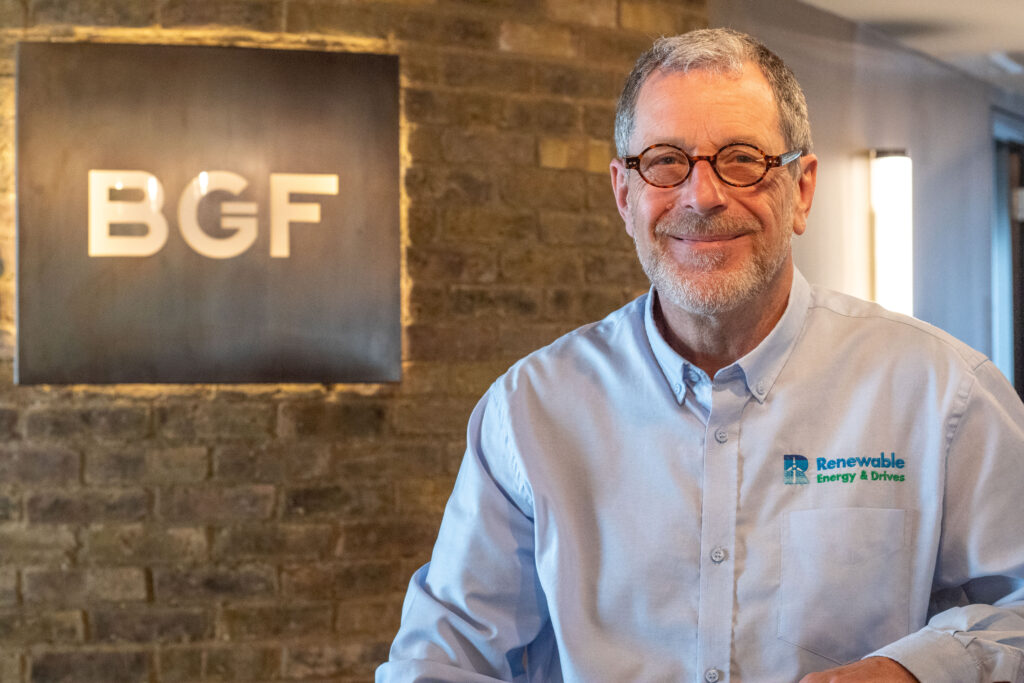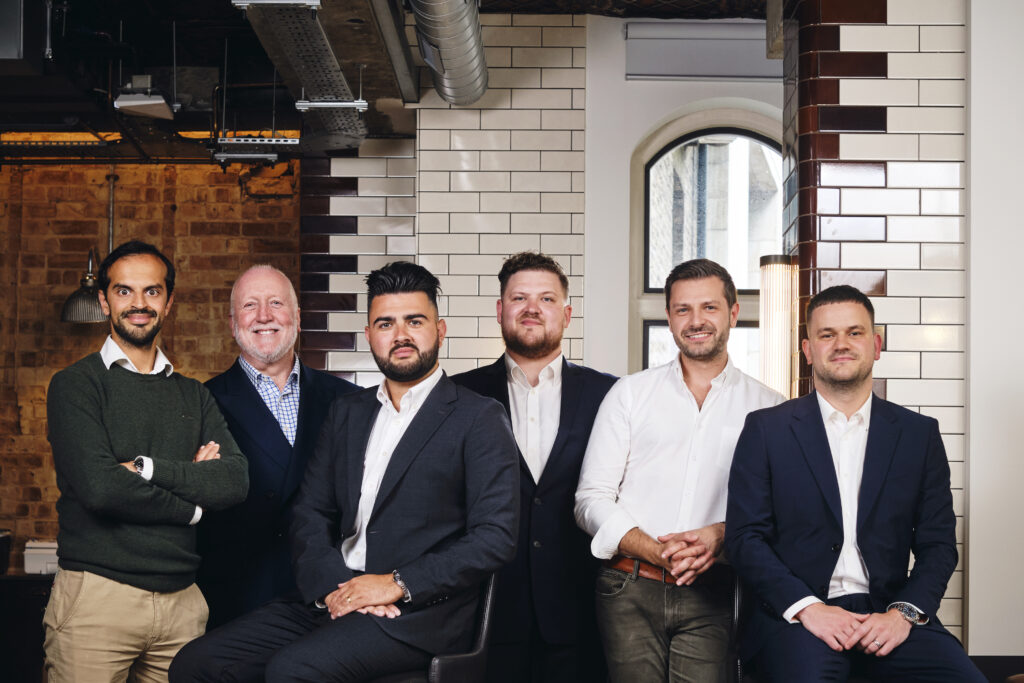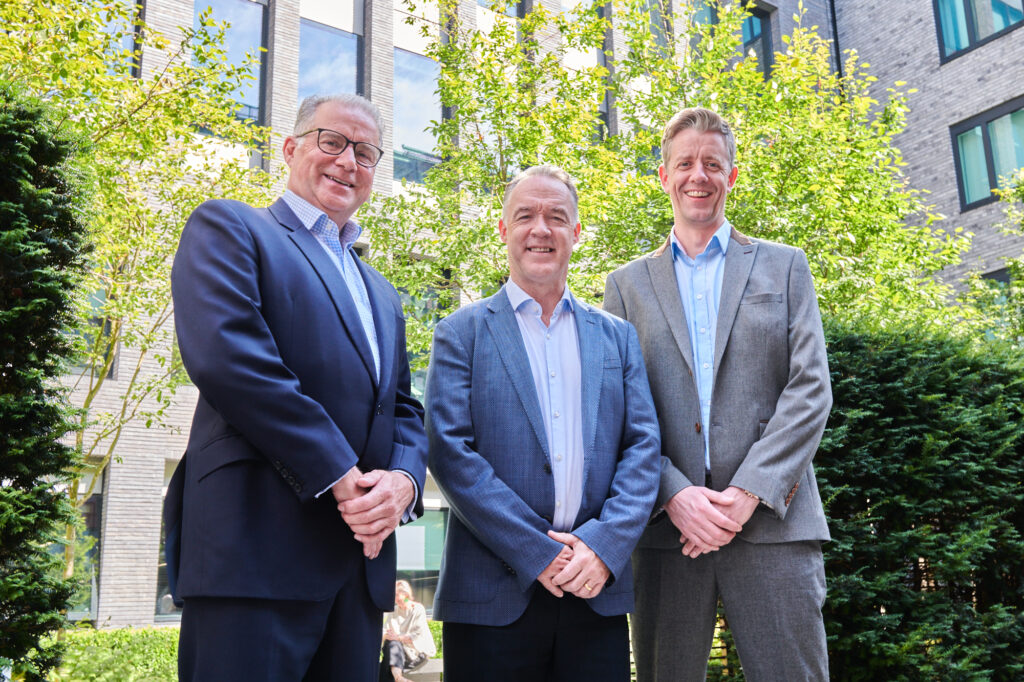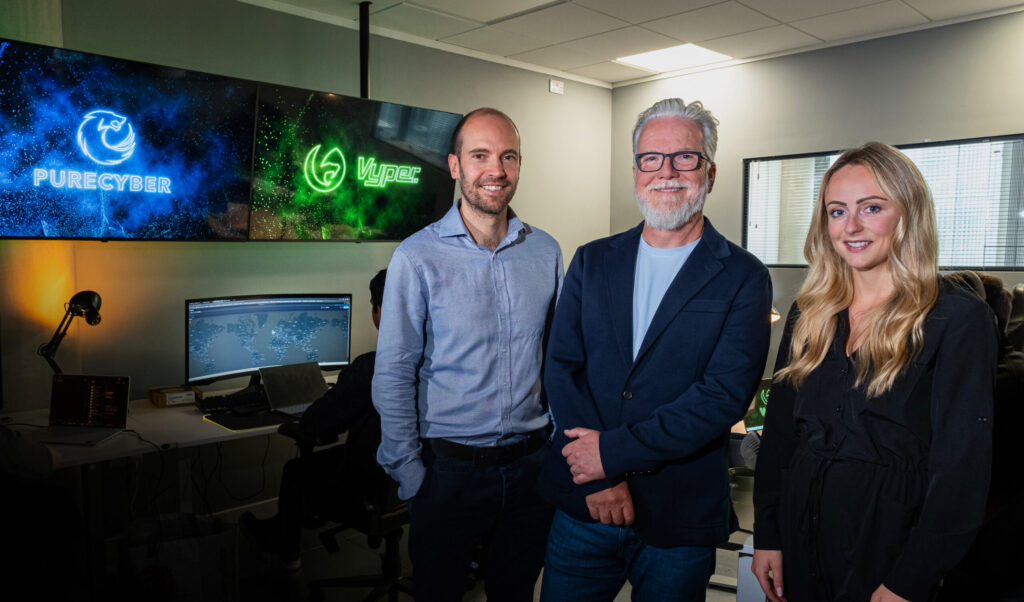Early cancer diagnostics company Cyted raises £13.4 million in new funding
The investment was co-led by BGF and Morningside Ventures, and includes a grant from the NHS Cancer Programme.
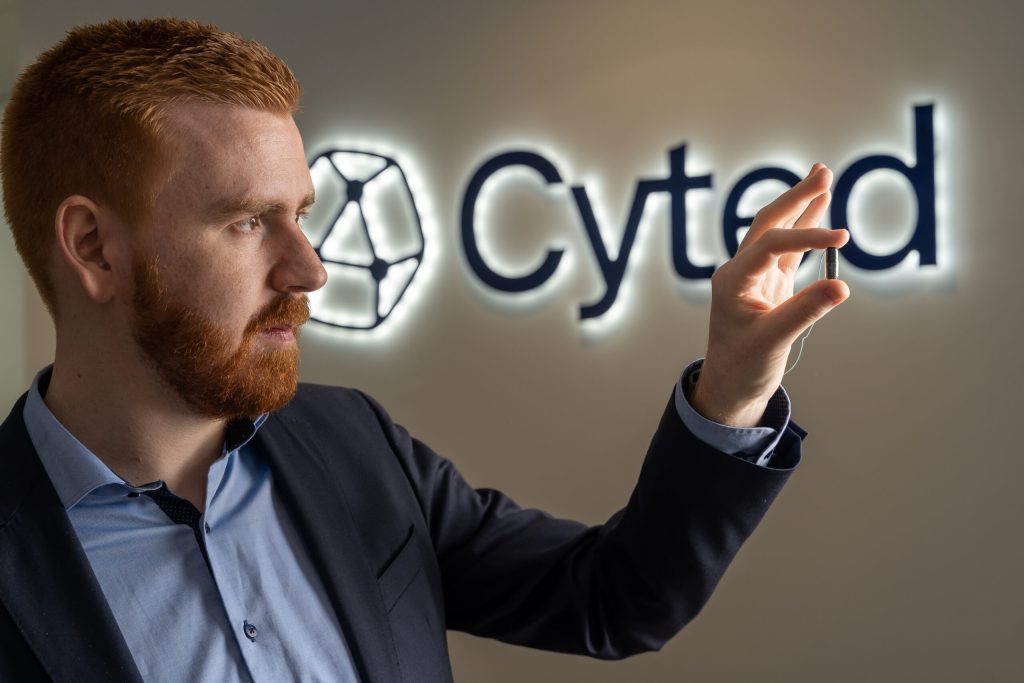
Cyted, an early cancer diagnostics company, has raised £13.4 million, in a round co-led by BGF and Morningside Ventures, with participation from private investors. The investment includes a £3.4 million non-dilutive grant from the NHS Cancer Programme.
The financing will be used to scale in existing markets, as well as entering the US market, and further develop Cyted’s research and development programmes across gastrointestinal cancers and diseases. It will support the expansion of Cyted’s work providing early detection tests for esophageal cancer to NHS patients in primary and community care settings.
Cyted’s innovative diagnostic platform combines a non-invasive test with data-driven biomarkers for early detection and risk stratification of cancers and inflammatory diseases. Its first application is in esophageal cancer.
Founded only three years ago, the company has already delivered over 15,000 of its tests to diagnose and monitor patients suffering from Barrett’s esophagus, a precursor to esophageal cancer, in more than 80 sites across the UK.
Created by a team including Professor Rebecca Fitzgerald OBE and Dr Marcel Gehrung, both from the University of Cambridge, Cyted is a prime example of bringing ground-breaking science to industry. The test has also been undergoing roll-out in community settings since August 2022, including primary care sites.
Marcel Gehrung, CEO, Cyted said: “We are thrilled to have the support of existing and new investors as we work to bring our diagnostic products to more markets. This funding demonstrates a vote of confidence in our technology. Early-stage cancer is a major global health issue, and we believe that our technology has the potential to make a real difference in the lives of even more patients and their families.”
Lucy Edwardes Jones from BGF said: “Cyted is one of the most innovative companies at the intersection of diagnostics and cancer. The company is addressing a real-world issue with a simple and scalable solution. Their technology is already being used across the UK health system with the potential to have a significant impact on patients around the world.”


